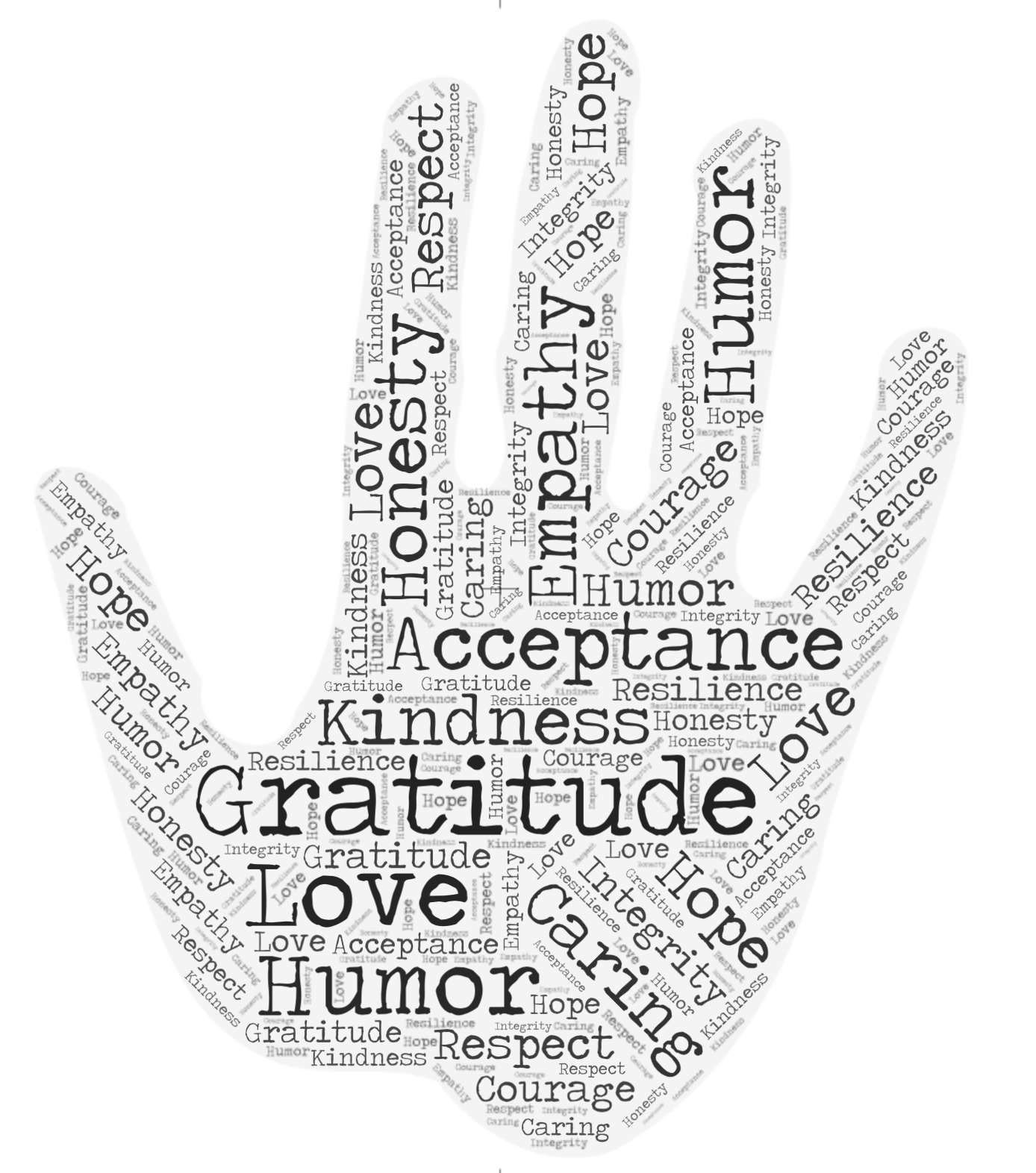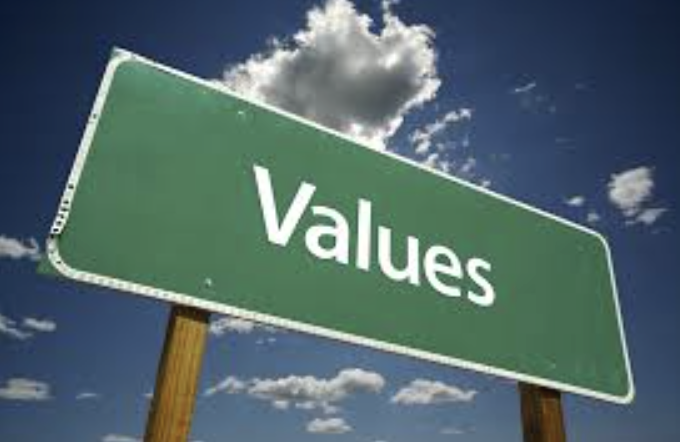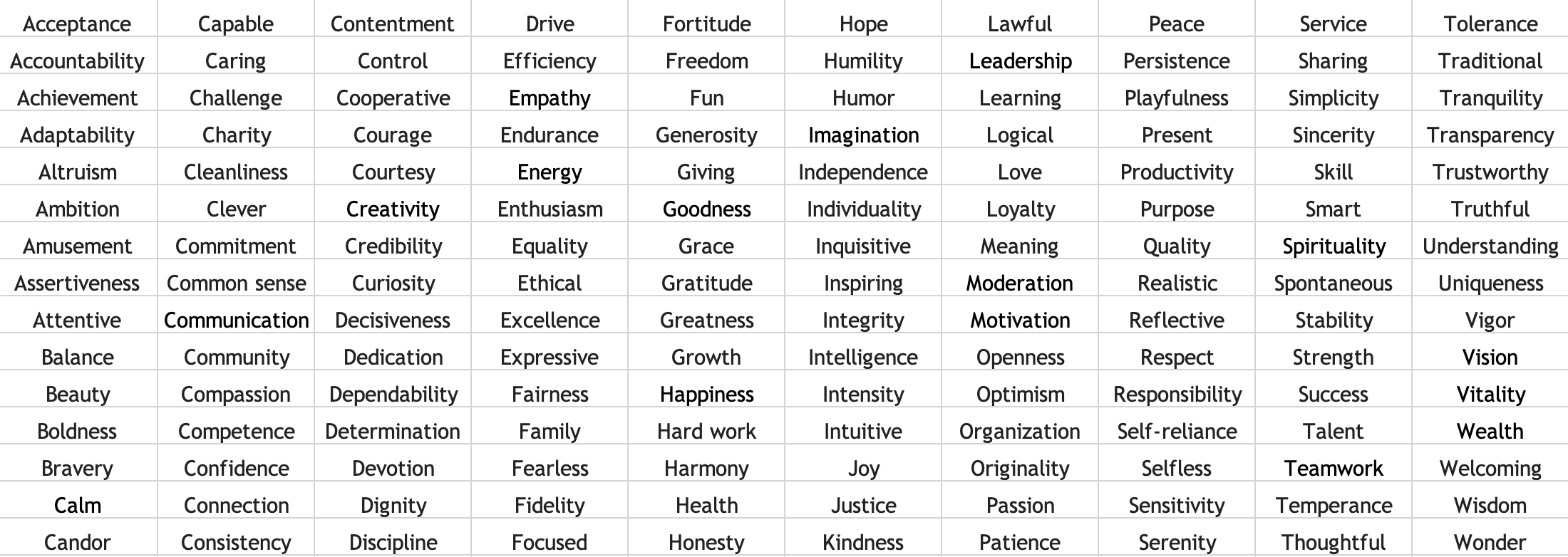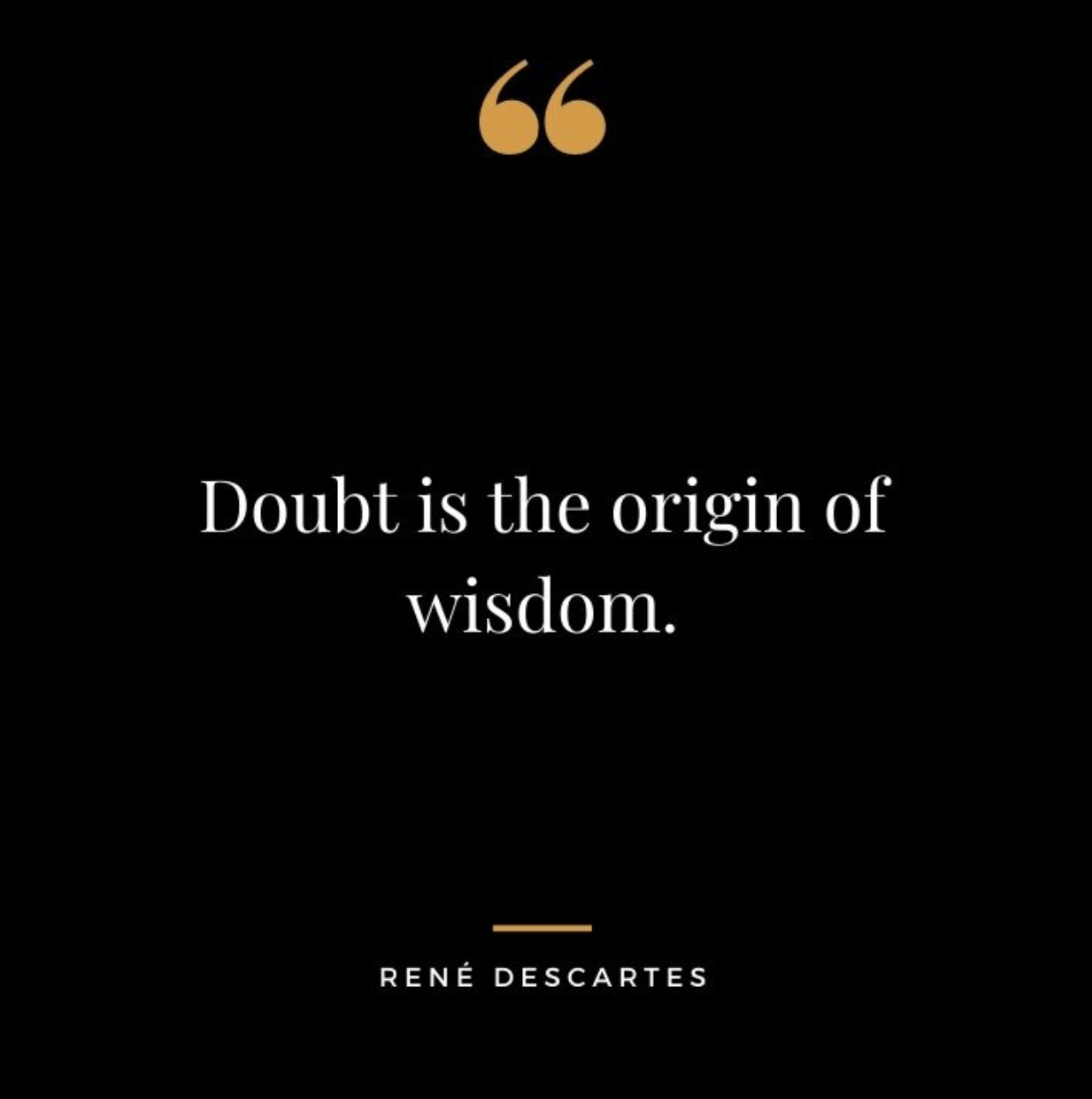Values-Based Decision Making: The Surefire Way to Make Better Choices
Have you ever made decisions that left you feeling conflicted or uneasy? Sometimes in the chaos of life, our exhausted minds make choices on the fly we wonder about later. What if there was a simple way to make decisions you feel sure about from start to finish?
In a world filled with endless options and competing priorities, it can be challenging to make decisions that truly reflect who we are and what we stand for. We often find ourselves making choices based on external pressures or societal expectations instead of from the heart. Making decisions with your personal values in mind can help you create a more authentic and meaningful life.
Values-based decision-making is a powerful tool that can help us navigate the complexities of life and make choices that align with our core beliefs. By understanding our values and using them as a guide, we make decisions that bring us closer to our true selves and create a life that’s in harmony with our deepest desires. In this article we’ll explore the power of this technique, and explain how it can help you make choices that will feel right from the inside out.
What Are Values?

Values are a set of beliefs about the behaviors we learn growing up. They can also be defined as what you value most in life, how you wish to be perceived, or even guiding principles for your life’s direction. Some believe that values can change over time if your surroundings change, or with intentional thought and purpose. Near-death experiences or major life changes are also said to commonly cause a shift in values. You will often hear the phrase ‘core beliefs’ or ‘core values’ when discussing values, because the beliefs and feelings are so precious they’re often buried deep within ourselves, sometimes even in our subconscious. It is not uncommon for people to be unable to immediately list their values, but with some reflection, or looking at possible alternatives, they’re usually easily identified.
It’s important to differentiate between values and goals. Values act as guiding principles for setting life goals. These goals should be a reflection of your core values; they serve as a means to embody those values and offer helpful feedback on your progress. Yet, it’s equally important not to fixate solely on your goals. It can be easy to slip into prioritizing externally motivated goals at the expense of a life filled with purpose and fulfillment. Balancing the alignment of values and goals is key to a more meaningful life.

Source: nirandfar.com
Why Examine YOUR Values?
Examining and identifying personal values is a meaningful exercise that holds great significance in leading a purposeful and authentic life. Understanding one’s values provides a clear roadmap for navigating life’s choices. When you know what truly matters to you, it becomes easier to make informed decisions that align with your core beliefs and aspirations. For example, if integrity is a deeply held value, you’ll be less likely to compromise it for personal gain, even in challenging or stressful situations.
Also, knowing your values can help establish important boundaries. By recognizing your limits and what you’re willing to tolerate, you can maintain healthy relationships both personally and professionally. This self-awareness empowers you to set boundaries that protect your dignity and well-being.
Personal values also help guide us in ethical dilemmas. They enable you to make decisions that resonate with your authentic self, promoting a sense of confidence, fulfillment, and contentment. For example, if sustainable living is a core value, you’ll be more inclined to make eco-friendly choices in your lifestyle, even when it’s not the easiest or most popular option.
In essence, examining and identifying personal values gives individuals the self-awareness needed to lead a life that is not only true to themselves but also contributes positively to their relationships, community, and society as a whole. It empowers you to make confident, authentic decisions that are in harmony with your deepest heartfelt convictions.

How to Examine Your Values
There are many strategies to help reveal your personal values, though most require a level of introspection, or looking inside yourself and thinking about your life in different ways.
First, try to think of some of the times in your life that you felt the most fulfilled, proud, or satisfied, and write down what those experiences had in common. Were there similar feelings and emotions there? Were you with the same group of people? Had you maybe just finished a project or accomplished something? Just write what comes to mind at first and think about if there’s anything there you might be able to identify as a value.
Next, think about what motivates you, or what you are willing to fight for – For example, someone who values productivity highly will usually push that extra bit harder just to get one additional task completed. Or someone who values health highly may have no problem jumping out of bed at 5 a.m. to go work out.
Next, think about what makes you angry, or a specific time you were at your most angry. Was there any particular feeling you were having before the anger? Was someone or something preventing you from doing something important to you? What was it? Or was something important to you having to be ‘shut down’ because of external circumstances? These are just ideas, it could be none of these things. Just think about what was at the root of the anger and what other feelings may have been involved.

Finally, think about your boundaries, when you say a firm “no” to things, what are those things and why? Are there any exceptions to them? Why or why not? This is not a ‘defend your beliefs’ exercise, this is to get you thinking about why what’s important to you is so important or valuable to you.
Now that you have a list of feelings, values, and descriptions of who you are and what you stand for take a look at a list of values (below is one I like, and this is also a great resource).
See if any lightbulbs go off as you read over the words. Maybe circle or list 20 or more that sound like they resonate or stir up emotion within you. Then start to group the similar ones together.

What Is Values-Based Decision Making and How Does it Work?
Values-based decision-making is an approach to making choices and judgments that prioritize your core values and beliefs. It involves aligning your decisions with the principles and morals that matter most to you. By acknowledging and understanding your personal values, you can make more authentic and fulfilling choices that resonate with your sense of self. This process allows you to make decisions that feel right on a fundamental level, leading to a greater sense of purpose and consistency in your actions.
Using values in your decision-making process works by first identifying your core values, which can range from honesty and integrity to compassion and justice. Once you’ve pinpointed these principles, you can assess how each option or choice aligns with them. It involves a thoughtful evaluation of the consequences and implications of your decisions on your values. This process helps you prioritize what truly matters to you and guides you in choosing options that resonate with your principles.
Why Should You Use Values-Based Decision Making?
When you have well-defined values, making decisions is much easier, and you can do it with absolute confidence. There’s no second-guessing yourself because you’ve already invested the time thinking about what’s important to you, and how that could impact different areas of your life. All that’s left is to remind yourself of that and make the appropriate connections.
Using values in your decision-making process also helps you avoid the pitfalls of impulse decisions and knee-jerk reactions. With a clear set of values to refer to, you can stay focused on what’s important in the long run rather than succumbing to short-term gratification. This process encourages thoughtful reflection and discussion so that your decisions are based on facts and evidence instead of just emotion or intuition.
Using your values as a filter can also help you stay true to yourself and live a more meaningful life. By consistently evaluating your decisions in relation to your values, you can make sure that you are always behaving in line with what matters most to you. This process helps you remain honest and authentic, creating an overall sense of fulfillment and meaning.

Resolute Values-Based Decision-Making: Handling Momentary Doubt
While making choices is an essential life skill, we’re not taught much about it. One key aspect of decision-making is that we make a choice of one thing over many others, and committing to the chosen option can result in a sense of loss. Perhaps this temporary sadness is a reaction to our inability to try every option, or maybe a sliver of fear that when you examined your values you weren’t as detailed as you should have been. Regardless, it’s usually fleeting and is a completely normal part of the process.
It’s important to distinguish, however, between loss and regret. While they often coincide, regret is focused on what happened in the past, whereas loss originates from the present moment when you are making the decision. Accepting this feeling is an essential part of being able to move forward with confidence and prevent doubting ourselves after a big decision.
Conflicting Values
When we feel resistance towards tasks or duties and don’t know why, it could be from conflicting values. A breadwinner who values job security and quality time with family may have difficulty handling a demanding job, causing pressure, overwhelm, and perhaps resistance to work itself. This values conflict could cause significant distress and affect their well-being. It should probably indicate the need for some tough choices, and definitely inform a values-based decision-making process. Another example might be if one person in a relationship values health highly and their partner begins smoking cigarettes. To stay together happily they would need to negotiate a way to accommodate the partner’s behavior that fits in with both of their values.
When conflicting values arise, it can be difficult to make decisions. It’s important to remember that while one value may take precedence, not all your values are mutually exclusive. Take time to think creatively and objectively and you will often find solutions that satisfy both values. In these cases, one option might be to ‘weight’ the values by assigning an importance number to each and comparing them objectively.
For example, if you value saving for the future but also value experiential vacations and are offered the opportunity to join a friend on an adventure trip you might have a conflict. You could give each value a weighted number to represent its importance and then look at other factors that play a part in the decision. Let’s say saving money is assigned a 2 out of 5 where 5 is the most important value to you and 0 is the least. Experiential vacations are assigned a 3 out of 5, so with all else equal, you would have your answer. It’s not always that simple of course, other factors come into play like if you’ve taken any vacations yet this year and how you’ve been doing with saving money. But if you look at the values behind the options objectively it can help make tough decisions much more manageable.
Practice Makes Perfect
Valuing yourself and your core beliefs is the first step for integrating values into your life. Understanding your beliefs and the values behind them reinforces your commitment and builds the foundation for self-assured decision-making. Being able to identify the things you value (and don’t) empowers you to continue living a principled life, regardless of external influences. In the end, it affords you the chance to lead a genuinely authentic, satisfying, and purpose-driven life.

READ NEXT: Top 10 Beginner-Friendly Investing Apps
